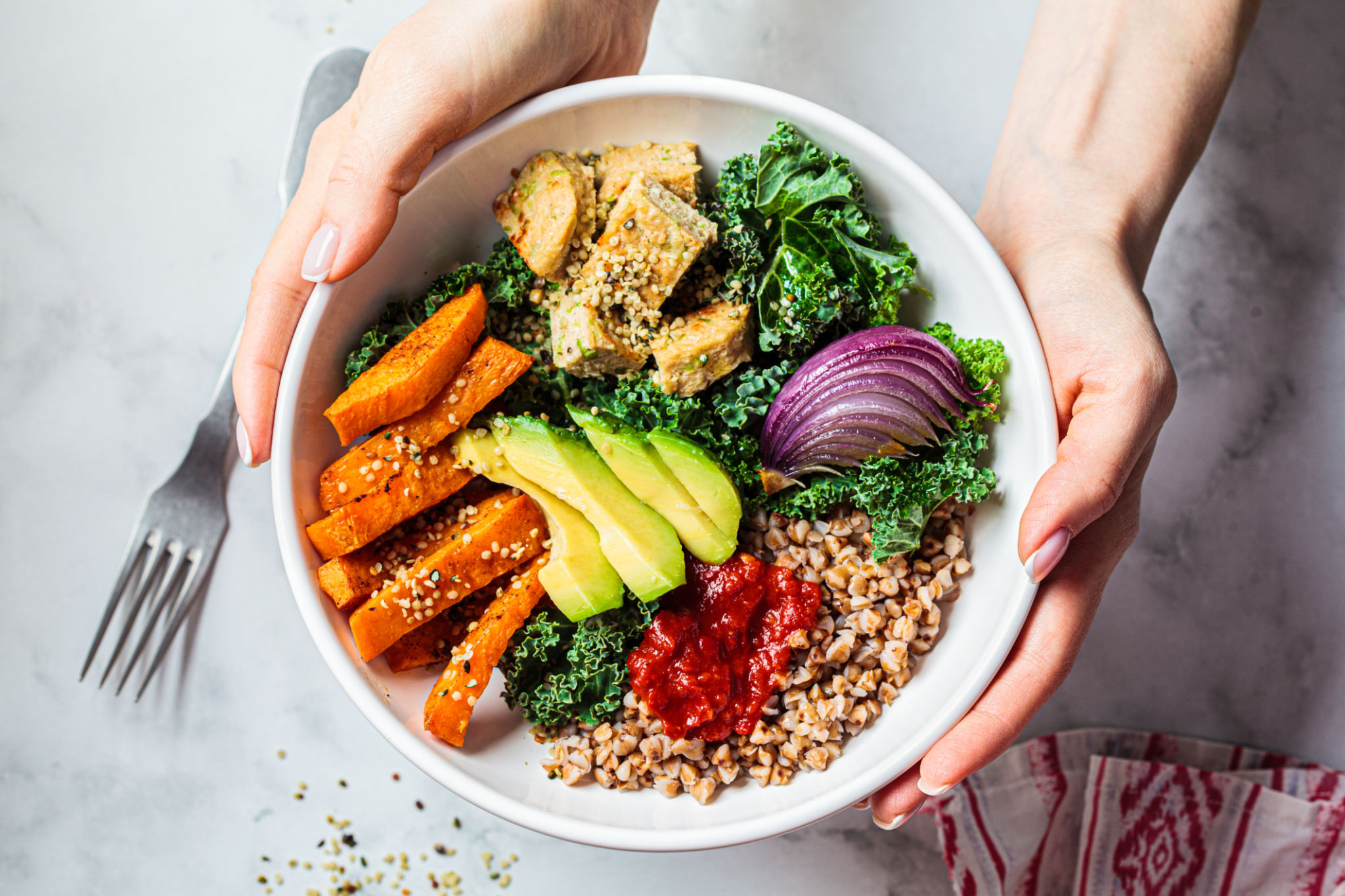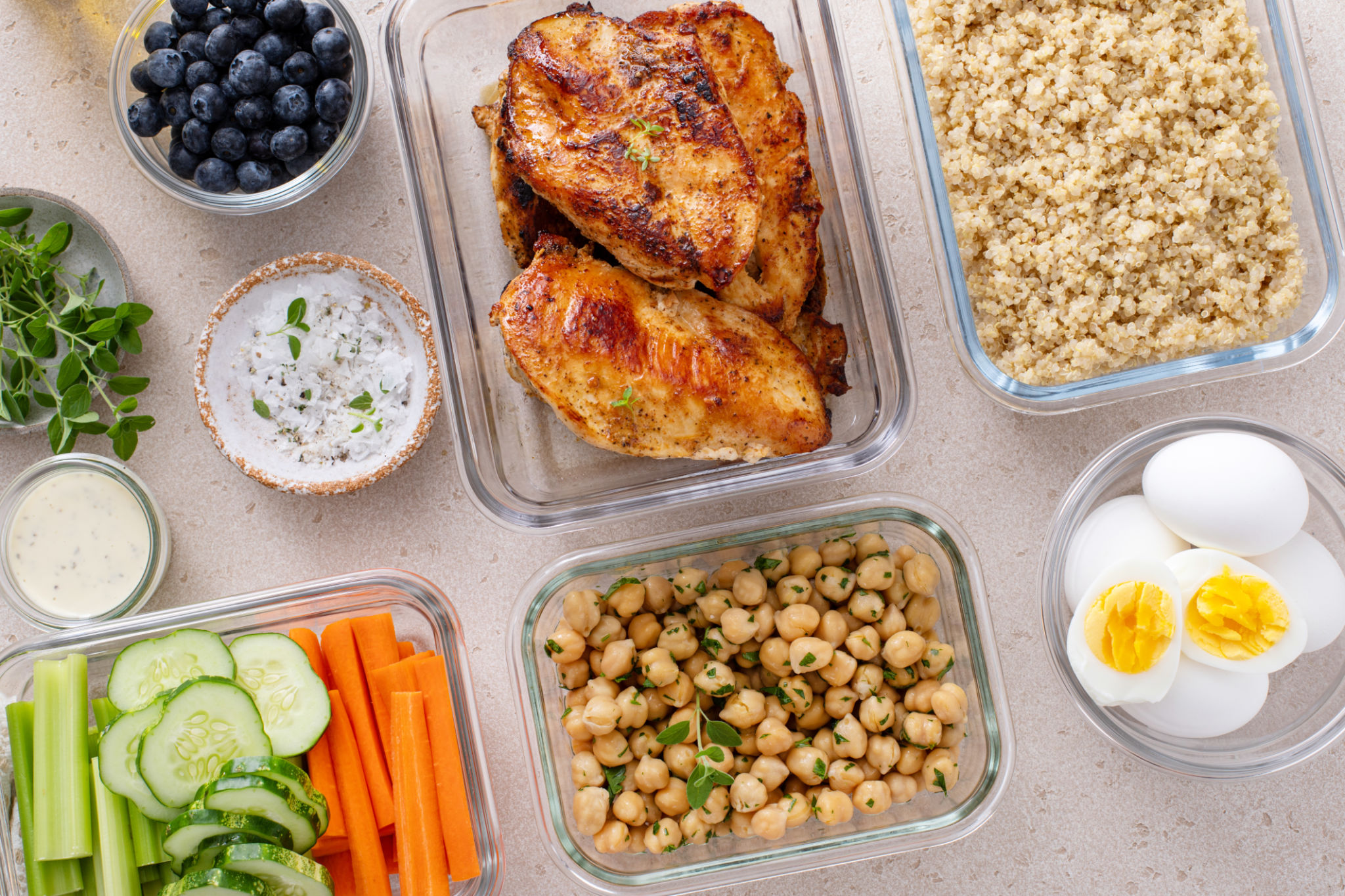Seasonal Nutrition Guide for High School Athletes: Fueling for Success Year-Round
Understanding Seasonal Nutrition
High school athletes face unique nutritional needs that change with the seasons. Whether it's the heat of summer training or the demands of winter sports, fueling the body properly is crucial for peak performance. Seasonal nutrition involves adjusting dietary choices to meet the body's evolving requirements throughout the year.

Summer: Hydration and Energy
During summer, high school athletes often participate in intensive training camps and competitions. The heat increases the risk of dehydration, making it essential to maintain optimal hydration levels. Drinking plenty of water and incorporating electrolyte-rich beverages can help prevent dehydration. Additionally, consuming energy-dense snacks like nuts and dried fruits can provide the necessary fuel for prolonged activities.
Fall: Building Endurance
As fall arrives, athletes transition to endurance building. This season requires a diet rich in complex carbohydrates such as whole grains, oats, and sweet potatoes. These foods provide sustained energy, supporting longer training sessions and aiding in muscle recovery. Including lean proteins like chicken and fish helps in muscle repair and growth.

Winter: Strength and Recovery
Winter sports often demand increased strength and quick recovery. Athletes should focus on protein intake, incorporating sources like eggs, legumes, and lean meats into their diets. Consuming omega-3 fatty acids from foods like salmon and chia seeds helps reduce inflammation and supports joint health during intense workouts.
Spring: Speed and Agility
Spring is the time to refine speed and agility. Incorporating antioxidant-rich fruits and vegetables such as berries, spinach, and kale can enhance performance by reducing muscle fatigue. Hydration continues to be important, and athletes should aim to consume a mix of water and sports drinks to maintain electrolyte balance during training.

The Role of Supplements
While whole foods should be the primary source of nutrition, supplements can play a role in filling dietary gaps. Protein shakes, vitamin D, and omega-3 supplements are popular among athletes for supporting muscle recovery and overall health. However, it's important to consult with a nutritionist or healthcare professional before introducing any supplements into the diet.
Creating a Balanced Meal Plan
Developing a balanced meal plan tailored to seasonal demands helps athletes stay at the top of their game. Here’s a simple framework for creating a nutritious plan:
- Breakfast: Focus on whole grains and protein, such as oatmeal with nuts or eggs with whole-grain toast.
- Lunch: Include lean proteins with a variety of vegetables and healthy fats like avocado.
- Dinner: Combine complex carbohydrates with proteins and a side of colorful vegetables.
- Snacks: Choose fruits, yogurt, or trail mix for sustained energy throughout the day.

Conclusion: Fuel for Success
Adapting nutrition to fit seasonal needs is vital for high school athletes aiming for success in their sports. By focusing on hydration, balanced meals, and necessary nutrients, athletes can optimize their performance year-round. Remember that every athlete's nutritional needs are unique, so personalizing these guidelines with the help of a nutrition expert can lead to even greater achievements on the field or court.